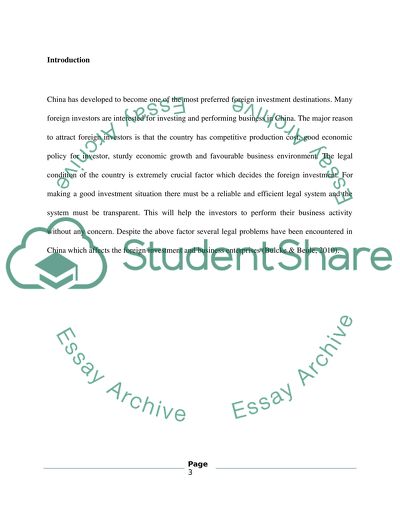Cite this document
(“Global Enterprise and Innovation (in China) Essay”, n.d.)
Retrieved from https://studentshare.org/environmental-studies/1410291-global-enterprise-and-innovation-in-china
Retrieved from https://studentshare.org/environmental-studies/1410291-global-enterprise-and-innovation-in-china
(Global Enterprise and Innovation (in China) Essay)
https://studentshare.org/environmental-studies/1410291-global-enterprise-and-innovation-in-china.
https://studentshare.org/environmental-studies/1410291-global-enterprise-and-innovation-in-china.
“Global Enterprise and Innovation (in China) Essay”, n.d. https://studentshare.org/environmental-studies/1410291-global-enterprise-and-innovation-in-china.


